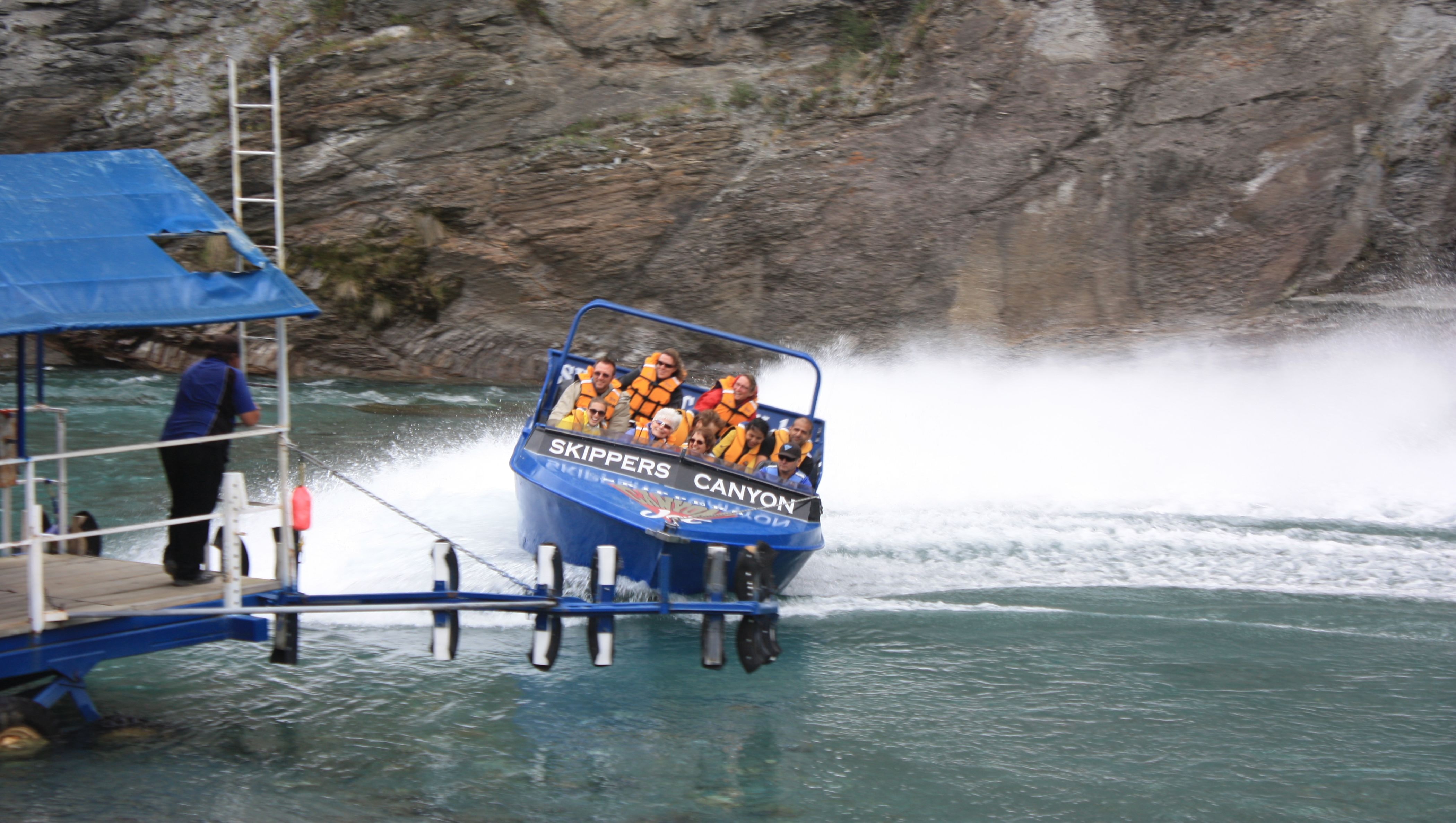Typically, people go boating to have fun and relax with family and friends. However, like other outdoor activities, it also comes with a risk of accidents and serious injuries. Some common causes of boating accidents can include rough waters, distraction or lack of experience on the part of the boat operator, speeding, navigational violations, and other similar situations.
Unfortunately, getting injured in a boating accident in Florida and other parts of the world can be a frustrating experience. Unless you know what to do from the start, you probably have several questions about instituting an accident claim to obtain compensation for all your losses.
So, if you consider filing a boating accident claim, below are the four things you need to know to navigate it effectively:
- Medical Treatment ss Necessary to Support the Claim
To have a successful boating accident claim, you need to get yourself checked and treated for the injury you’ve sustained in the accident. Even if you feel like your injury isn’t severe, it’s still best to seek the medical treatment you need to avoid a more serious health condition. More importantly, getting medical care after the boating accident can make a huge difference to the success of your claim.
For instance, your medical records can be used to prove your injury, thereby improving your chances of winning your case. The more you can prove that your injury results from the boating accident, the higher your chances of getting the compensation you’re entitled to.
- Proving Liability as an Essential Aspect of the Claim
When filing a boating accident claim, it’s essential to prove that your injury was due to someone else’s fault. In doing so, you need to establish the elements of negligence to ensure a valid claim. The elements can include:
- The boat operator owed a duty of care to you as a passenger.
- The duty of care was breached by committing certain negligent acts, such as failure to follow the state’s maritime rules and regulations.
- The breach of duty caused you a boating accident injury.
- You sustained significant damage because of the injury.
However, it’s essential to note that proving the elements of negligence in a boating accident claim can be complicated without a solid argument. In such a case, hiring a legal professional like the Fort Lauderdale personal injury lawyer can be an excellent idea.

For instance, if you live in Florida or wherever you may be, you need a legal expert to understand the pure comparative fault doctrine better and protect your rights from the start. This means that if the opposing party can prove your share of fault, the court may hold you partially liable for the accident, affecting the amount of compensation you get. Hence, to protect your rights and interests, you should have a lawyer by your side.
- Evidence is Required to Establish the Other Party’s Fault
Proving someone’s fault in a boating accident won’t be successful without certain pieces of evidence. When you can establish another’s party’s liability by clear and convincing evidence, you can improve your odds that your boating accident claim will succeed in court. Some common evidence you need can include:
- Photos of the accident scene, including the water vessels involved;
- Statements from the people who witnessed the accident;
- Documents showing unusual weather conditions when the accident happened;
- Record of losses that you’ve incurred, including medical bills and payroll records;
- Other forms of documentation relevant to your claim.
- The Claim Should Be Filed Within the Applicable Statute of Limitations
It’s also crucial to know that filing a boating accident claim has a statute of limitations. However, like other personal injury cases, the statute of limitations or the time limits within which you need to file a claim vary from one state to another. For example, if you get involved in a boating accident in Florida waters, your claim should be brought within four years from the accident date. If the accident happened in New York waters, the statute of limitations is three years from the date of the accident.
However, suppose you want to know whether your claim has a shorter or longer statute of limitations. In that case, it’s best to seek legal assistance from a lawyer to guide you through the process and avoid losing your right to pursue a claim against the at-fault party.
Bottom Line
Filing a boating accident claim can be challenging, especially if you have no idea where and how to start. Without proper knowledge and preparation, you may lose your opportunity to get compensated with economic damages and other types of compensatory and punitive damages.
Therefore, it’s essential to keep the things mentioned above in mind to familiarize yourself with the steps that’ll help your claim succeed in court. Remember, the more you’re aware of what to do, the better you can improve your chances of achieving a more favorable outcome.


Join the conversation!